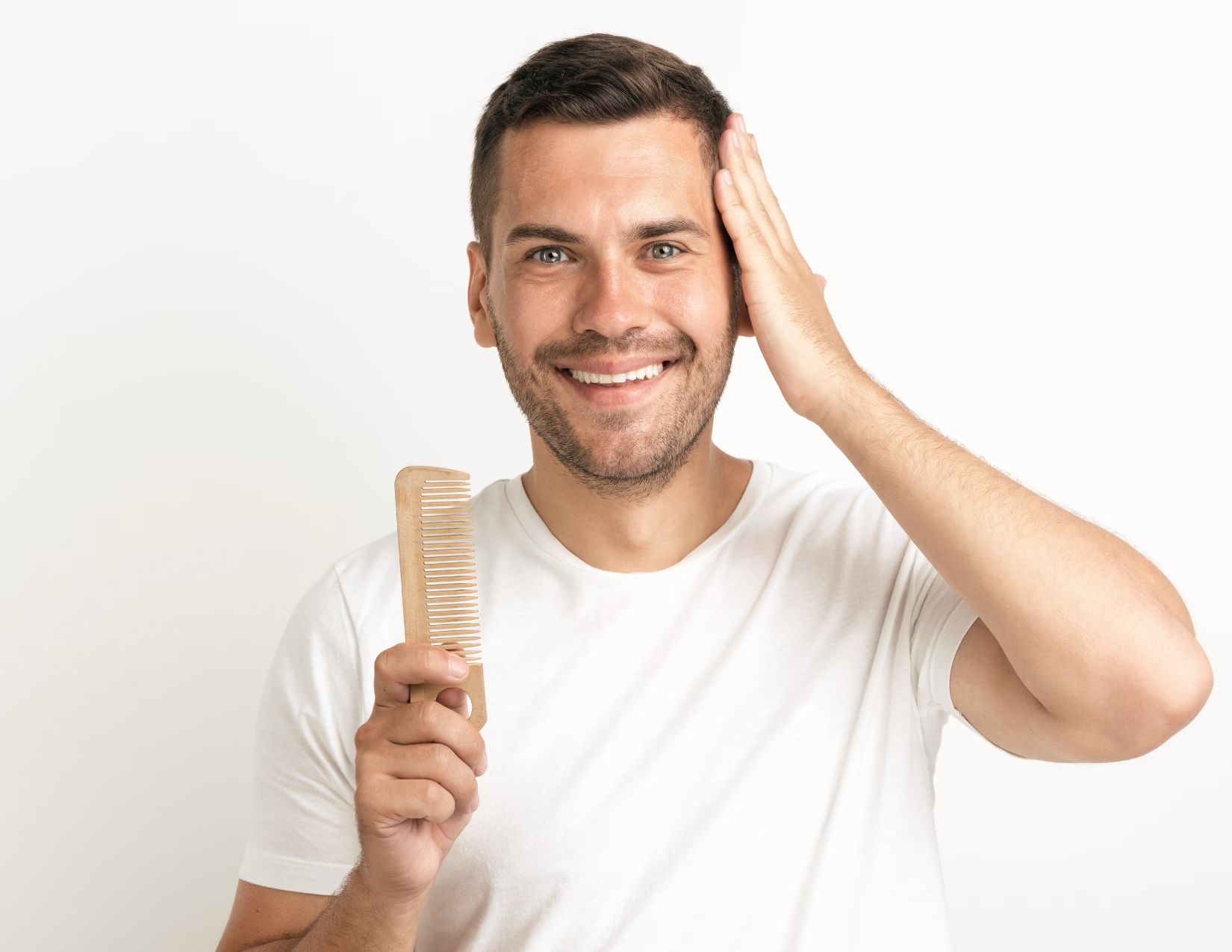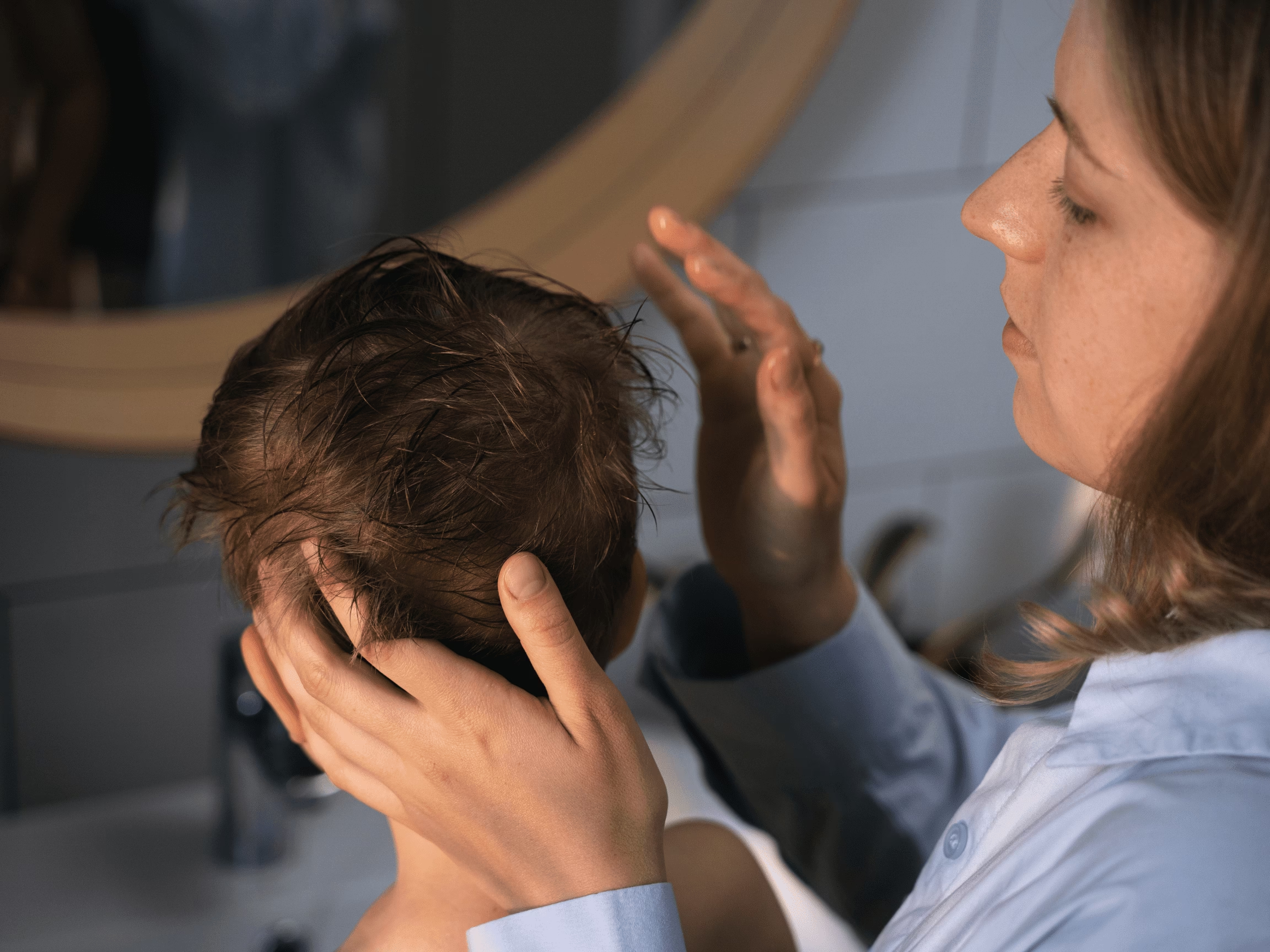
Hair Medical Restoration
Menopause is a natural biological process that marks the end of a woman’s reproductive years, typically occurring in her late 40s or early 50s. While it is often associated with a range of symptoms, such as hot flashes and mood swings, one lesser-discussed but significant issue is hair loss. Menopause-related hair loss can be distressing for many women, affecting their self-esteem and overall well-being. In this article, we will explore the relationship between menopause and hair loss and discuss potential strategies to manage this common concern.
Hormones play a pivotal role in the development and maintenance of hair. Estrogen, a key female hormone, contributes to hair health by promoting hair growth and thickness. During menopause, the ovaries produce fewer hormones, leading to a drop in estrogen levels. As estrogen levels decline, the balance between androgens, the male hormones present in women, may be disrupted. Higher androgen levels can lead to hair thinning and loss, a condition known as androgenetic alopecia. This hormonal shift is a leading cause of hair loss during menopause.
There are two primary types of hair loss that women may experience during menopause:
While menopausal hair loss can be distressing, there are several strategies that can help manage this issue:
If hair loss persists or is severe, consider consulting a specialist in hair and scalp health. At Hair Medical Restoration, in collaboration with Dr. Jorge Cortez, we offer both online and in-person consultations. These consultations are dedicated to assessing your specific case and needs. Our experts will conduct a comprehensive analysis, taking into account your individual circumstances, and provide personalized guidance based on your expectations and experiences.
Menopausal hair loss is a common concern among women experiencing this life transition. Understanding the hormonal changes that contribute to hair loss and exploring various management strategies can help alleviate the distress associated with this condition. While it may not be possible to completely reverse menopausal hair loss, taking proactive steps can lead to healthier, thicker hair and improved self-confidence during this significant life stage.
Remember that the effectiveness of these strategies can vary from person to person. It’s important to consult a doctor, here in HMR we can help you for personalized advice and treatment options tailored to your specific needs.


